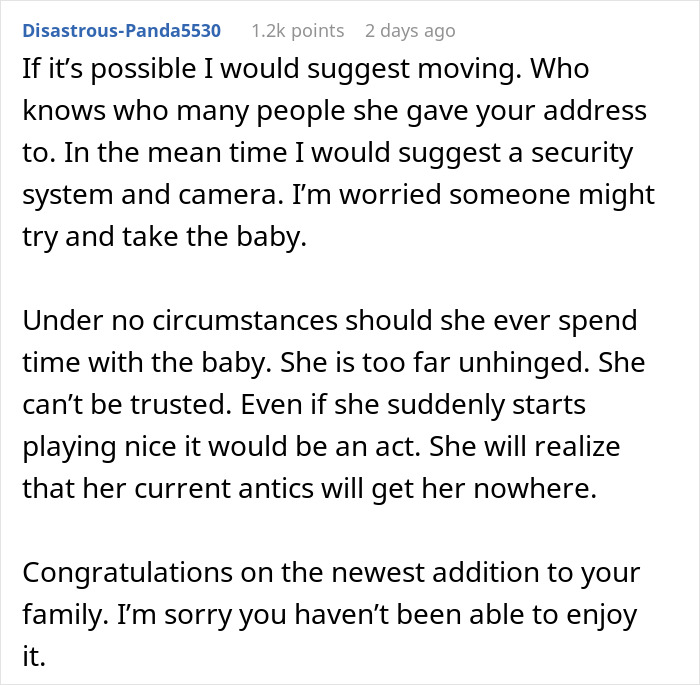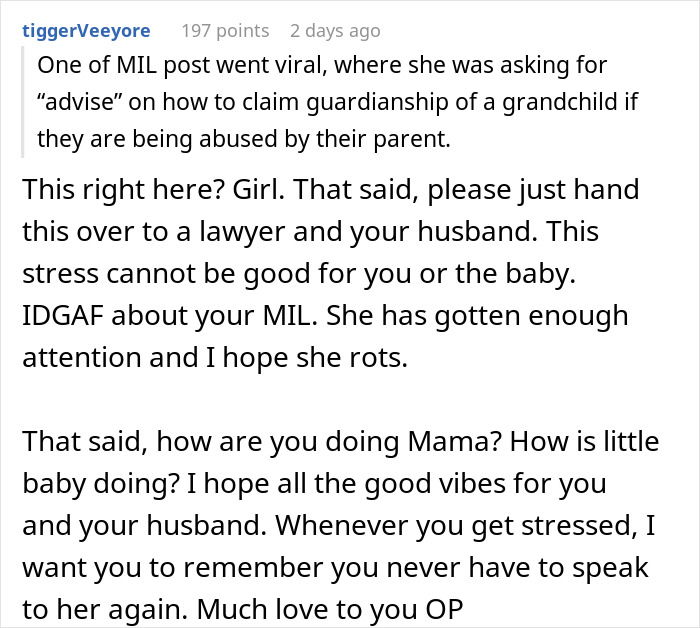Life presents us with various complicated relationships, whether it’s between a boss and employee, husband and wife, or professor and student. However, the one between a spouse and mother-in-law can sometimes be the most challenging, especially when it comes to protecting their own families.
At the beginning of her marriage, redditor Legitimate_Ant_1293 wouldn’t have agreed with this. However, after moving a few states away and giving birth, her relationship with her husband’s mother became increasingly worse. It reached a point where the MIL started spreading awful rumors about her grandchild, leading to a defamation lawsuit against her.
Scroll down to find the full story and a conversation with marriage and family therapists Talia Wagner and Danni Biondini, who kindly agreed to tell us more about the daughter-in-law and mother-in-law relationship.
Relationships between a spouse and mother-in-law can be challenging

Image credits: LightFieldStudios / envato (not the actual photo)
This MIL even started spreading awful rumors about her grandchild to ‘protect’ her family
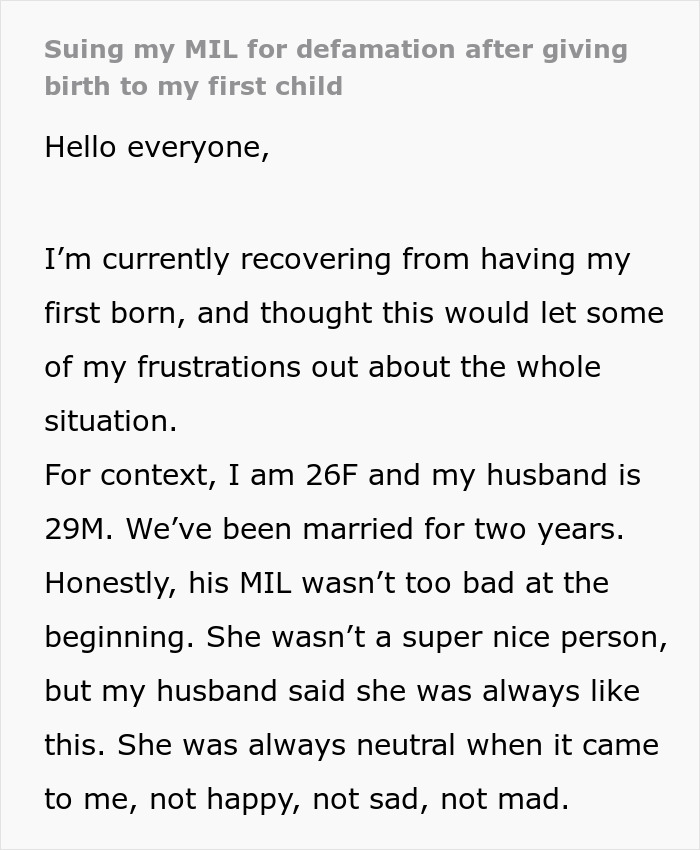

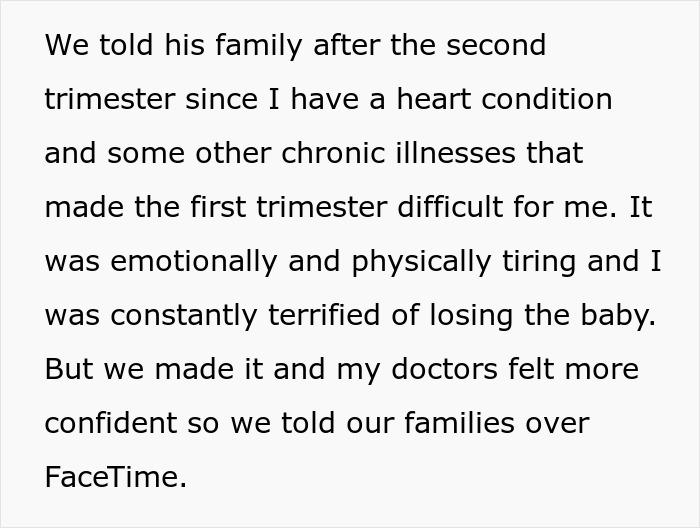





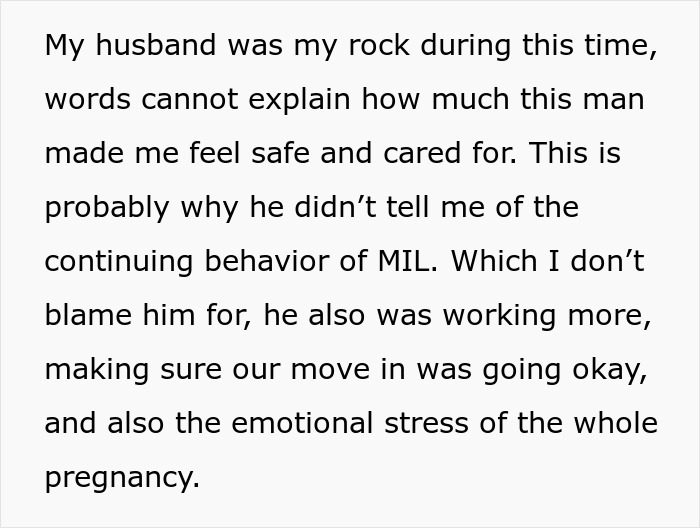
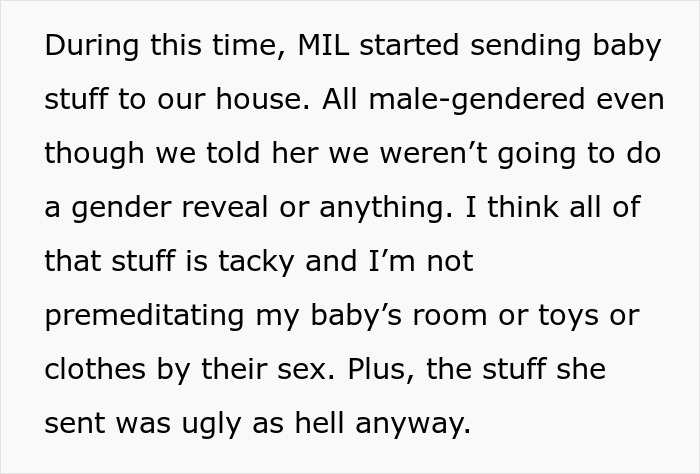

Image credits: Prostock-studio / envato (not the actual photo)

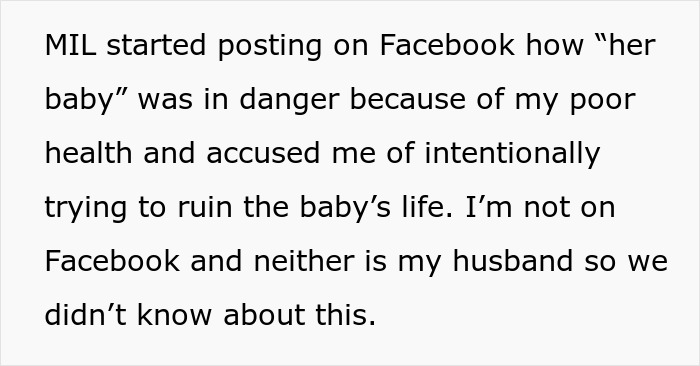
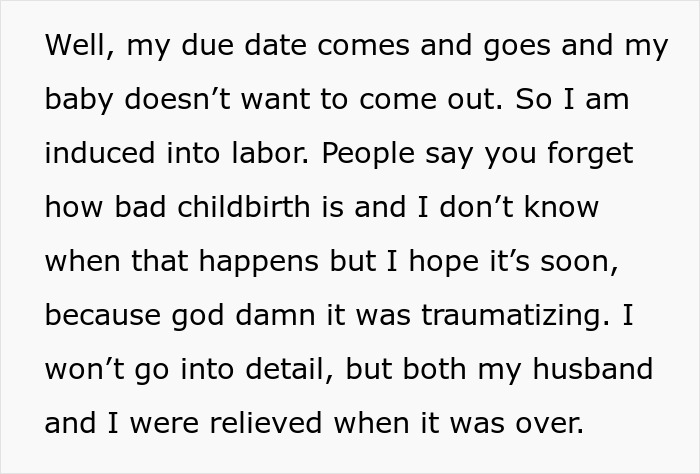



Image credits: Andrea Piacquadio / pexels (not the actual photo)


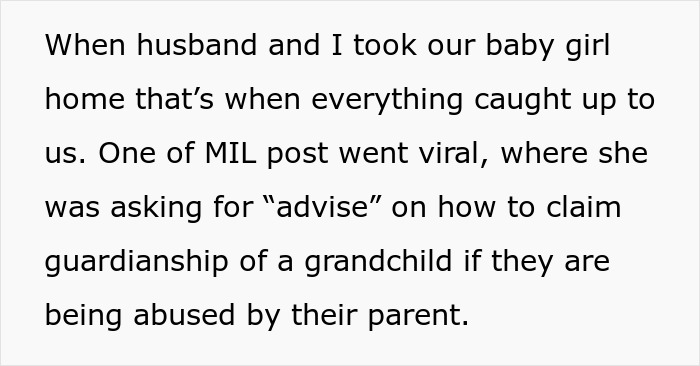




Image credits: Legitimate_Ant_1293
The most common sources of tension between the two women in the family come from control over decision-making, parenting, and finances
To get a better insight into daughter-in-law and mother-in-law relationships Bored Panda reached out to marriage and family therapists Talia Wagner and Danni Biondini, who kindly agreed to answer a few questions about it.
Biondini says, “I don’t feel confident saying that the majority of these relationships are tense or toxic, but I do think these relationships are often complicated and challenging.” She explains that the major source of conflict between them arises from being in different psychosocial and developmental stages.
“For the daughter-in-law, she’s in the stage of deepening intimacy with her partner while also trying to maintain her autonomy. A mother-in-law is likely in the mid-life stage of generativity: she’s already established her career and family, and is now wanting to share her knowledge and experience with the younger generation.”
Disagreements may arise when the mother-in-law wants to offer suggestions or guidance to the daughter-in-law, but she sees this gesture as intrusive or dismissive. “The mother-in-law, in turn, experiences the daughter as closed-off or rejecting her,” Biondini says.
Wagner adds that this relationship can depend on several factors, such as proximity, culture, and family dynamics. “For example, daughters-in-law who live with their mothers-in-law in co-residence settings, have a much closer proximity to the in-laws and may be culturally expected to be subservient to the senior woman.
In more Westernized cultures, more often than not, daughters-in-law have more freedom and autonomy, as it is not culturally appropriate to live in intergenerational familial settings. However, this doesn’t ensure a more close-knit relationship. Out of all familial connections, this is often the most potentially conflictual relationship, and as such, many report tense and even toxic patterns with their mother-in-law and daughters-in-law.”
The most common sources of tension between the two women in the family, according to experts, come from shifting ties and allegiances, control over decision-making, parenting, and finances. Changes in roles for wife and mother-in-law can be difficult to navigate at first, as they’re faced with situations that none of them have had to deal with before.
It might be best to adopt a non-conflictual style of communication and peaceful engagement
“In terms of conflict resolution, I try to help each person see the other’s perspective, even just a little bit,” says Biondini. “This is a vulnerable change for both of them, and I want each person to have empathy for the other. Can the daughter-in-law appreciate that her mother-in-law may be challenged by the shifting roles in the family, and may feel that she has lost the closeness she once had with her adult child?”
On the other hand, “Can the mother-in-law appreciate that the daughter-in-law likely feels unstable as the new entrant in the family system, and especially needs to cement her primary bond with her partner?”
When it comes to concrete actions, it may help them to spend more one-on-one time by having lunch together and getting to know each other as people. “Oftentimes, we have built up a fantasy in our head of who the other person is, but that fantasy is colored by our greatest fears or anxieties. Showing up with openness and generosity in getting to know the other person can help break down the barriers to seeing the goodness in the other.”
Meanwhile, Wagner says it might be best to adopt a non-conflictual style of communication and peaceful engagement. “As family discord affects our health and mental health quite severely, it is oftentimes more valuable to express remorse and take responsibility for the actions that we take rather than to double down on blaming, rifts, and disagreements.”
If conflicts get severe, then the interactions should be kept to a minimum, focusing on being cordial rather than over-involved and enmeshed. “Emotional distance can protect our feelings and our well-being in particularly dysfunctional families,” she notes.
“Not forcing the spouse to take sides between both parties can be a lifesaver within potentially conflictual family dynamics. Also, self-care and having a good support system outside of the family can help reduce anger, resentment, and the need to punish each other over perceived hurts. This will go a long way towards reducing intergenerational trauma and ensuring that the next generation does not engage in the same emotionally abusive tactics towards one another,” concludes Wagner.
Readers were shocked about MIL’s actions and suggested what to do

